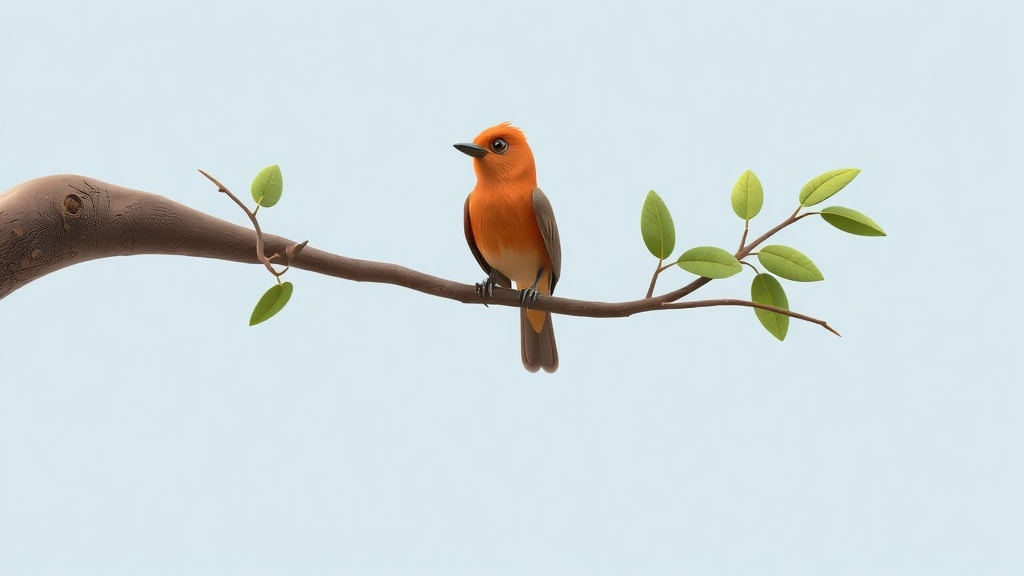Home / Environment / Insect-Eating Birds Recover After Pesticide Ban in France
Insect-Eating Birds Recover After Pesticide Ban in France
17 Nov, 2025
Summary
- Insect-eating bird populations in France increased by 2-3% after 2018 neonicotinoid ban
- Blackbirds, blackcaps, and chaffinches saw population boost as they feed on insects
- Full recovery of insectivorous birds may take decades despite early signs of improvement

As of November 2025, insect-eating bird populations in France appear to be making a tentative recovery following the European Union's 2018 ban on neonicotinoid pesticides. A recent study has found that France's population of insectivorous birds, including blackbirds, blackcaps, and chaffinches, has increased by 2-3% in the four years since the ban took effect.
The researchers analyzed data from over 1,900 sites across France, comparing the five years before the ban (2013-2018) to the post-ban period (2019-2022). They discovered that the numbers of insect-eating birds at pesticide-treated sites were 12% lower compared to areas without neonicotinoid use.




